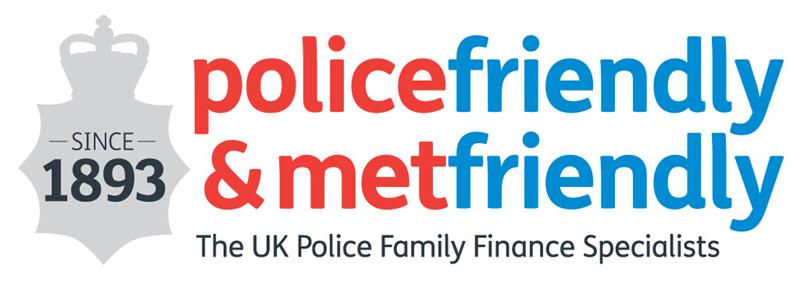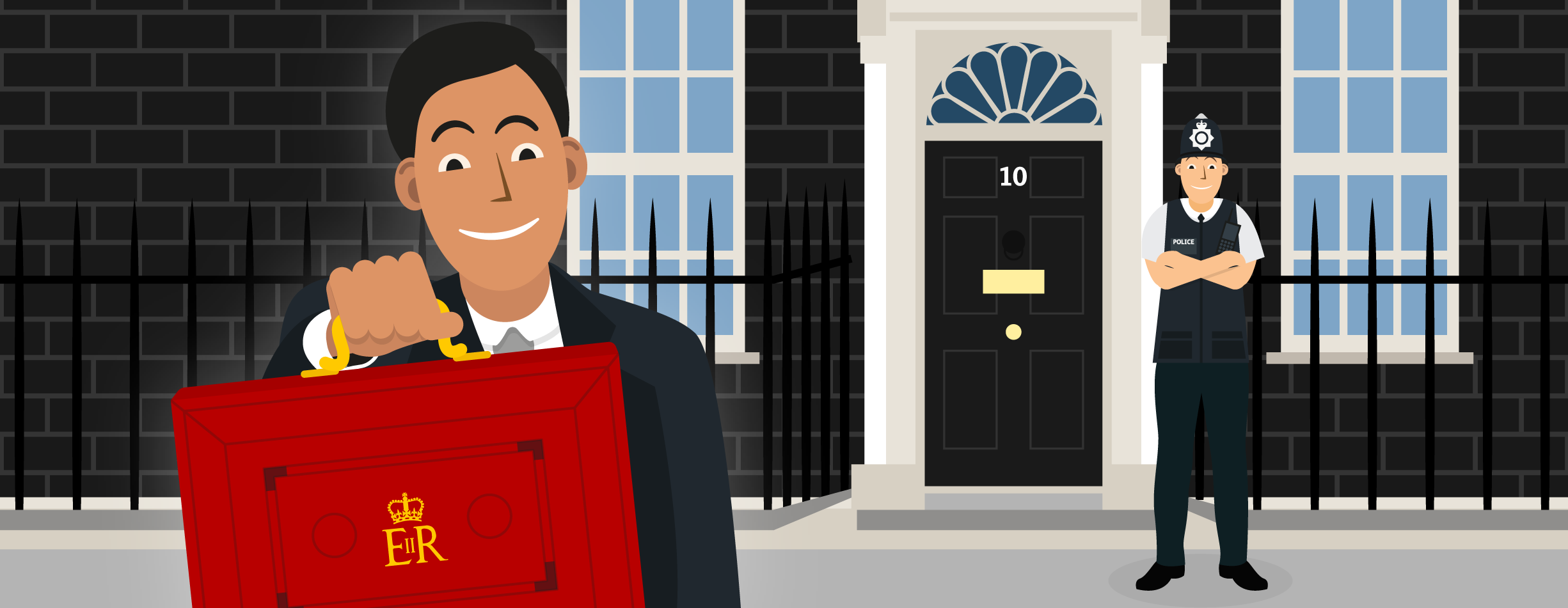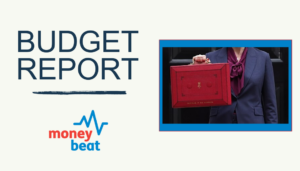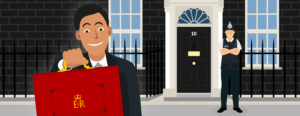Rishi Sunak has delivered his first Budget as Chancellor of the Exchequer, outlining the Government’s financial plans for the 2020-21 fiscal year. The announcement was overshadowed by the coronavirus (COVID-19) outbreak, which has affected stock markets around the world in the past few weeks.
The Chancellor said the virus will pose a challenge to the British economy, but argued that the impact, while “significant”, will be temporary. He outlined a £30 billion stimulus package to help the economy manage the consequences of COVID-19.
While the Budget was clearly shaped by recent events and how they might affect the economy, Mr Sunak also revealed certain measures that will impact the finances and everyday lives of working people. Here are some of the key points:
- The amount families can save into Junior ISAs will more than double from £4,368 to £9,000 per annum. Limits for stocks and shares (£20,000), cash (£20,000) and Lifetime ISAs (£4,000) will remain unchanged.
- The national insurance threshold will be raised from £8,632 to £9,500, giving some 31 million people a tax cut.
- £2.5 billion will be made available to fix potholes and resurface roads over the next five years.
- More than £600 billion will be spent on roads, rail, broadband and housing by 2025.
- Fuel duty has been frozen for the tenth year running, with duties on spirits, beer, cider and wine also unchanged.
- Statutory sick pay will be available to all people who choose to self-isolate because of COVID-19, even if they don’t have symptoms.
Interest rates cut
The Budget came hot on the heels of news that is likely to be welcomed by many mortgage holders: an emergency cut in interest rates from the Bank of England.
It was confirmed that the benchmark rate would be reduced from 0.75% to 0.25%, equaling the record low previously seen in August 2016. This is an attempt by the central bank to protect the economy from the effects of the COVID-19 outbreak.
Bank of England governor Mark Carney said the central bank had decided to take coordinated action on Budget day so the various measures being introduced would have “maximum impact”.
He added: “The Bank of England’s role is to help UK businesses and households manage through an economic shock that could prove large and sharp, but should be temporary.”
The Bank’s last emergency rate cut was in October 2008, in the midst of the global financial crisis. But Mr Carney said COVID-19 is unlikely to have the same sort of impact as the 2008 crisis.
“There is no reason for it to be as bad as 2008 if we act as we have, and if there is that targeted support,” he said.
Perhaps the most important message people can take from the announcements is that the economic and financial effects of COVID-19 are expected to be temporary.
Stocks and shares have clearly felt the effects of the virus outbreak, but past trends have shown that the markets tend to bounce back from these short-term spells of volatility.
Police officers and emergency service workers will undoubtedly see the effects of COVID-19 in their work during the coming weeks and months, but financially speaking, there is no cause for panic and no need to rush into any big decisions.
If you want to talk to the team about Metfriendly savings plans and how we can help with your finances, click here to book a one-to-one meeting at a time and place that is convenient for you, or call us on 01689 891454.






